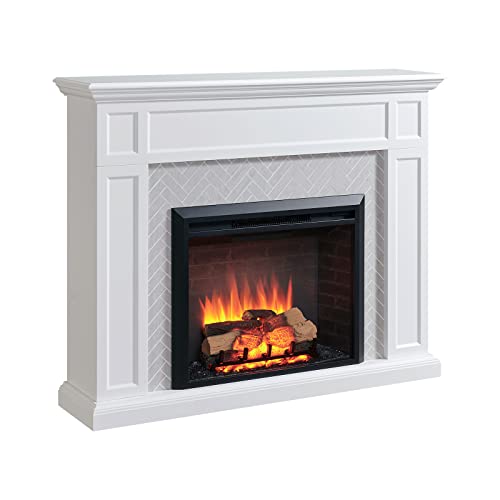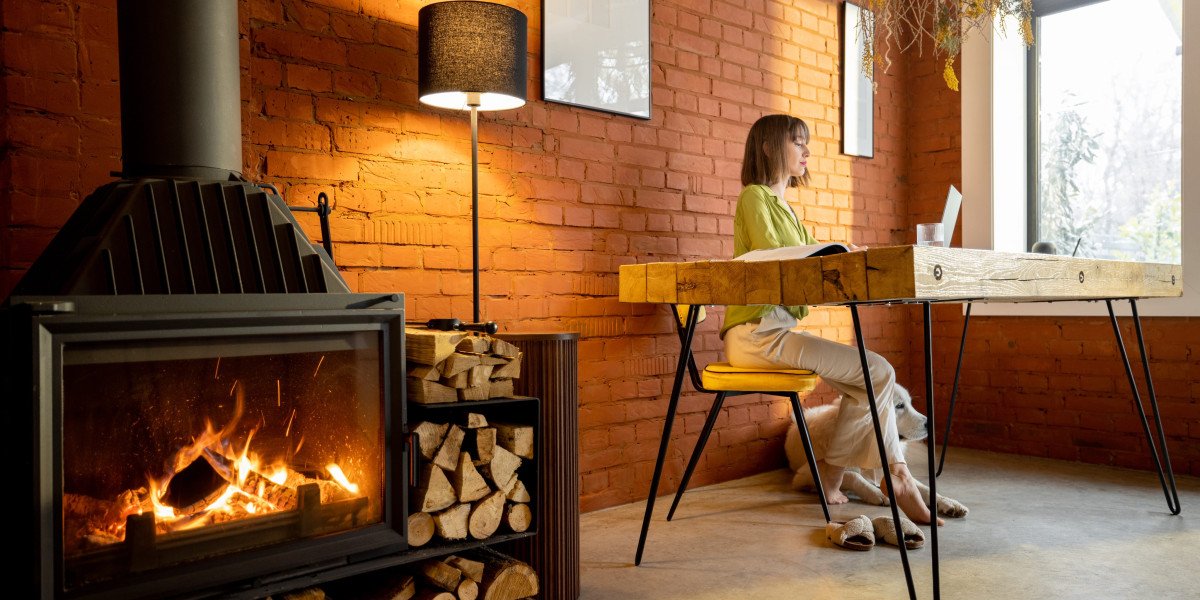
Gas Fireplaces For Sale: A Comprehensive Guide
Gas fireplaces have become progressively popular due to their convenience, efficiency, and visual appeal. They provide homeowners a way to delight in the atmosphere of a fire without the inconvenience of traditional wood-burning choices. This short article will explore the different types of gas fireplaces, their benefits, and what to consider when buying one. Furthermore, it will offer a list of common concerns and answers to help future buyers make informed decisions.
Kinds Of Gas Fireplaces
When thinking about a gas fireplace, house owners need to understand the different types available. Gas fireplaces can typically be classified into three main types:
| Type | Description | Advantages |
|---|---|---|
| Ventless Gas Fireplaces | These units do not require a chimney or vent to tire combustion gases. They can be set up in any space, including bed rooms. | Easy installation and adaptability; they effectively utilize gas. |
| Vented Gas Fireplaces | These fireplaces are linked to a vent or chimney to expel combustion gases outside. They mimic the visual of traditional fireplaces. | Safe and realistic flames; can be used for heating bigger areas. |
| Gas Inserts | Installed into an existing fireplace, these inserts offer an efficient alternative to wood-burning hearths. | Boosts efficiency while protecting the appearance of the existing fireplace. |
Advantages of Gas Fireplaces
Gas fireplaces boast a number of benefits over their traditional wood-burning equivalents:
- Convenience: With the push of a button, gas fireplaces spark, eliminating the need for kindling or logs.
- Clean Burning: Gas alternatives produce fewer emissions compared to wood, resulting in a cleaner home environment.
- Adjustable Heat: Many gas fireplaces come with adjustable settings to manage heat output, making them efficient for different room sizes.
- Lower Maintenance: They require less upkeep than wood-burning fireplaces, without any need to store wood or clear out ashes.
- Style Flexibility: Gas fireplaces been available in numerous designs, colors, and products, enabling personalization to fit any decor.
Aspects to Consider When Buying a Gas Fireplace
Before investing in a gas fireplace, several elements must be considered:
- Type of Fireplace: Consider whether ventless, vented, or insert choices are most suitable for your home.
- Size and BTU Rating: The fireplace's size and heat output (measured in British Thermal Units, or BTUs) should match the measurements of the room to guarantee efficient heating.
- Fuel Type: Decide between natural gas and gas. Schedule and setup expenses may differ depending upon the fuel source.
- Setup Requirements: Consult with a professional to determine setup guidelines, including venting requirements and building regulations.
- Aesthetic Preferences: Look for finishes, designs, and materials that balance with your interior decoration style.
- Safety Features: Ensure the fireplace has required safety functions, such as automated shut-off valves and oxygen deficiency sensors.
Popular Brands of Gas Fireplaces for Sale
When shopping for gas fireplaces, various brands provide dependable and visually pleasing alternatives. Here are a few of the most popular:
- Napoleon: Known for their sophisticated designs and high efficiency.
- Regency: Offers a variety of traditional and contemporary styles, with different customization alternatives.
- Heat & & Glo: Renowned for development and efficiency, offering both vented and ventless options.
- Majestic: Specializes in wonderfully crafted gas fireplaces that combine form and function.
- Vermont Castings: Offers premium gas stoves with a traditional feel.
Pricing for Gas Fireplaces
The price of gas fireplaces can differ substantially based on type, brand name, and functions. Here's a general breakdown:

| Type | Price Range (GBP) |
|---|---|
| Ventless Gas Fireplaces | ₤ 800 - ₤ 3,000 |
| Vented Gas Fireplaces | ₤ 1,000 - ₤ 5,000 |
| Gas Inserts | ₤ 1,500 - ₤ 4,000 |
Frequently Asked Questions About Gas Fireplaces
Q: Are gas fireplaces safe?A: Yes,
gas fireplaces are safe when installed properly and kept regularly. Venting and safety features help reduce threats.
Q: Can I install a gas fireplace myself?A: While some homeowners might go with DIY setup, professional installation is suggested to ensure security and compliance with local codes. Q: How often should I clean my gas fireplace?A: Gas fireplacesrequire less maintenance than wood-burning models; , while vented models do. The type you select will identify the installation requirements. Q: Can a gas fireplace be utilized for heating?A: Yes, many gas fireplaces are efficient heat sources for rooms and can supplement home heating systems. Investing in a gas fireplace can boost the convenience
nevertheless, it's a good idea to have them inspected and cleaned up every year by a professional. Q: Do gas fireplaces require a chimney?A: Ventless gas fireplaces do not need a chimney
and aesthetic appeals of a home while supplying numerous benefits. Comprehending the kinds of fireplaces, assessing personal requirements, and thinking about aspects such as fuel type and installation requirements will help in making a notified decision. By thinking about respectable brands and understanding rates, customers can discover the best Gas fireplaces gas fireplace to suit their home and lifestyle, bringing heat and appeal to their home.







